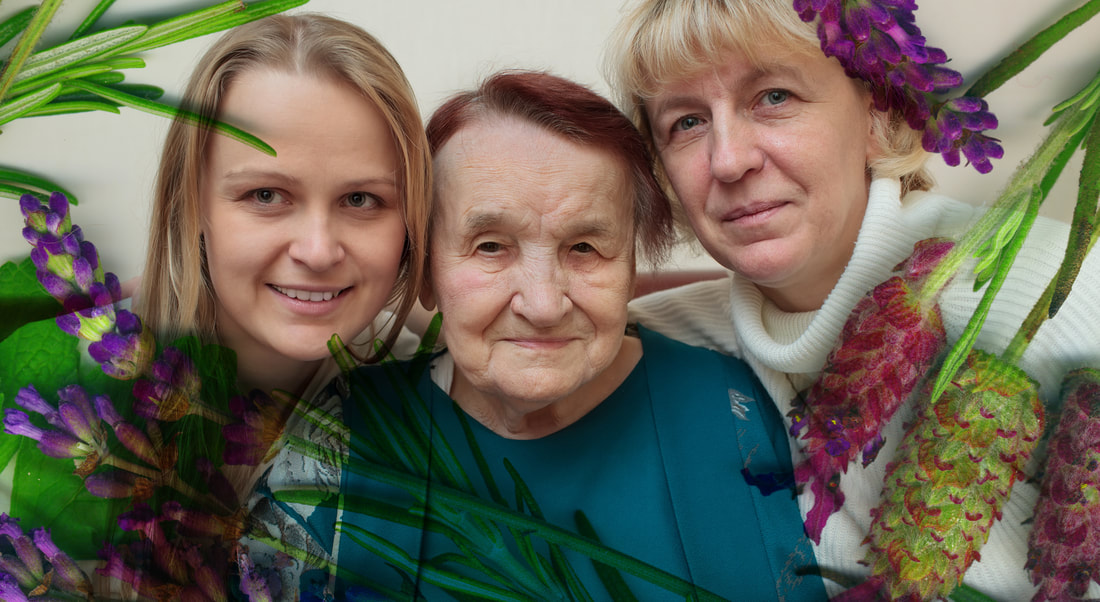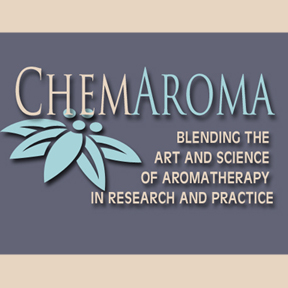 Are Essential Oils Useful in Treating Alzheimer’s Disease? Background The human brain is a complex network of nerve fibers in which individual nerve cells communicate with each other by way of chemical messenger molecules called neurotransmitters. This transmission of nerve impulses is involved in all of the brain’s cognitive functions, including learning, memory, speech, and emotions. In Alzheimer’s disease (AD), damage to the neurofibral network from formation and accumulation of protein fragments called amyloids leads to death of nerve cells, and deterioration of cognitive abilities. Once the nerve cells have died, it is very difficult, if not impossible, to regenerate them. Thus, at least for now, AD is considered incurable. In the meantime, there is considerable interest in treatments that may prevent the disease or help ease the symptoms of the disorder. There has been an increasing amount of research that indicates essential oils (EOs) may be of use in this regard. So, what might EOs do to help? There are three ways, all three believed to be involved in the processes leading to AD.
The research described above, as well as much work not mentioned, strongly suggest that EOs may provide an excellent alternative, natural, widely available, and inexpensive treatment for AD, particularly for easing the symptoms of the disease. As noted in previous posts, this doesn’t mean that a particular EO will work for everyone. The work to date does suggest that there needs to be long-term, large, controlled clinical studies to determine the efficacy of such treatments, and validate their usage for the larger health community. In the meantime, there would seem to be no downside to their use in individual cases. Coriander can spice up most any dish very nicely, and might provide some neuroprotection. Lavender oil can freshen the air and reduce anxiety. And there are no side effects! At the very least, the idea of improving cognitive function with natural essential oils is pretty exciting. Questions? Leave a comment! And for general guidelines about essential oils, see our FAQ page.
5 Comments
Vonnie Diehl
10/9/2017 08:19:04 pm
Wishing more studies were being done! Love you oils.
Reply
Barri Roberts
10/10/2017 08:53:05 am
Bill: Barri here. Call me as soon as you have a minute! I am most interested in this exciting newsletter. And I want you to guide me on my purchases!
Reply
9/12/2023 09:10:55 pm
Lovely blog, thanks for taking the time to share this.
Reply
4/25/2024 04:17:32 am
Chlorophyll is a powerhouse ingredient, worthy of its enduring appeal. In our bodies, it works as a great oxygenator, helping our red blood cells take up oxygen, which makes them work more effectively and energetically, for overall good health (and all the good things that come with it, including radiant skin).
Reply
Leave a Reply. |
Dr. Bill Kurtin is a biochemist, with a distinguished record of teaching and research at Trinity University in San Antonio, TX. Archives
March 2020
Categories
|

 RSS Feed
RSS Feed